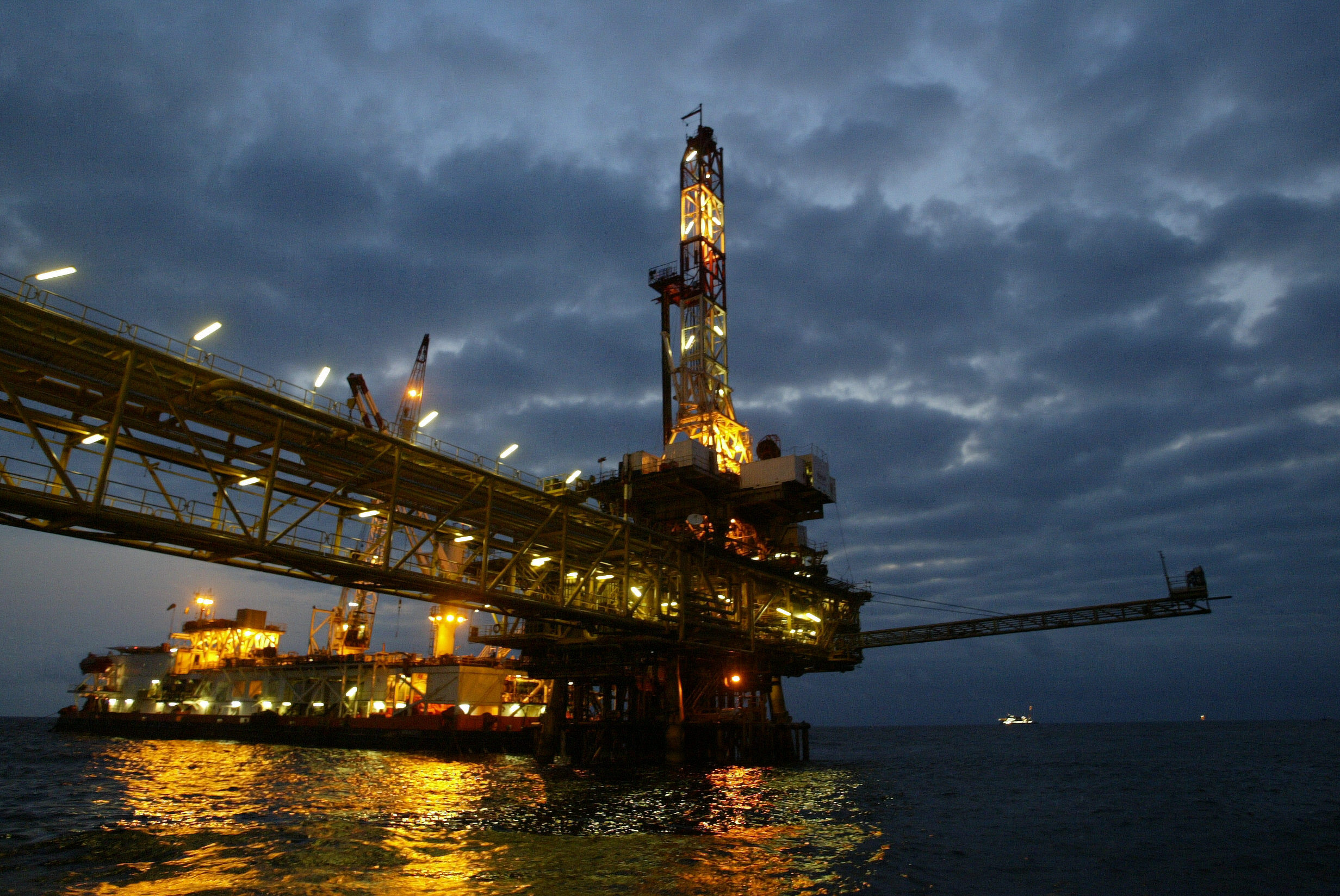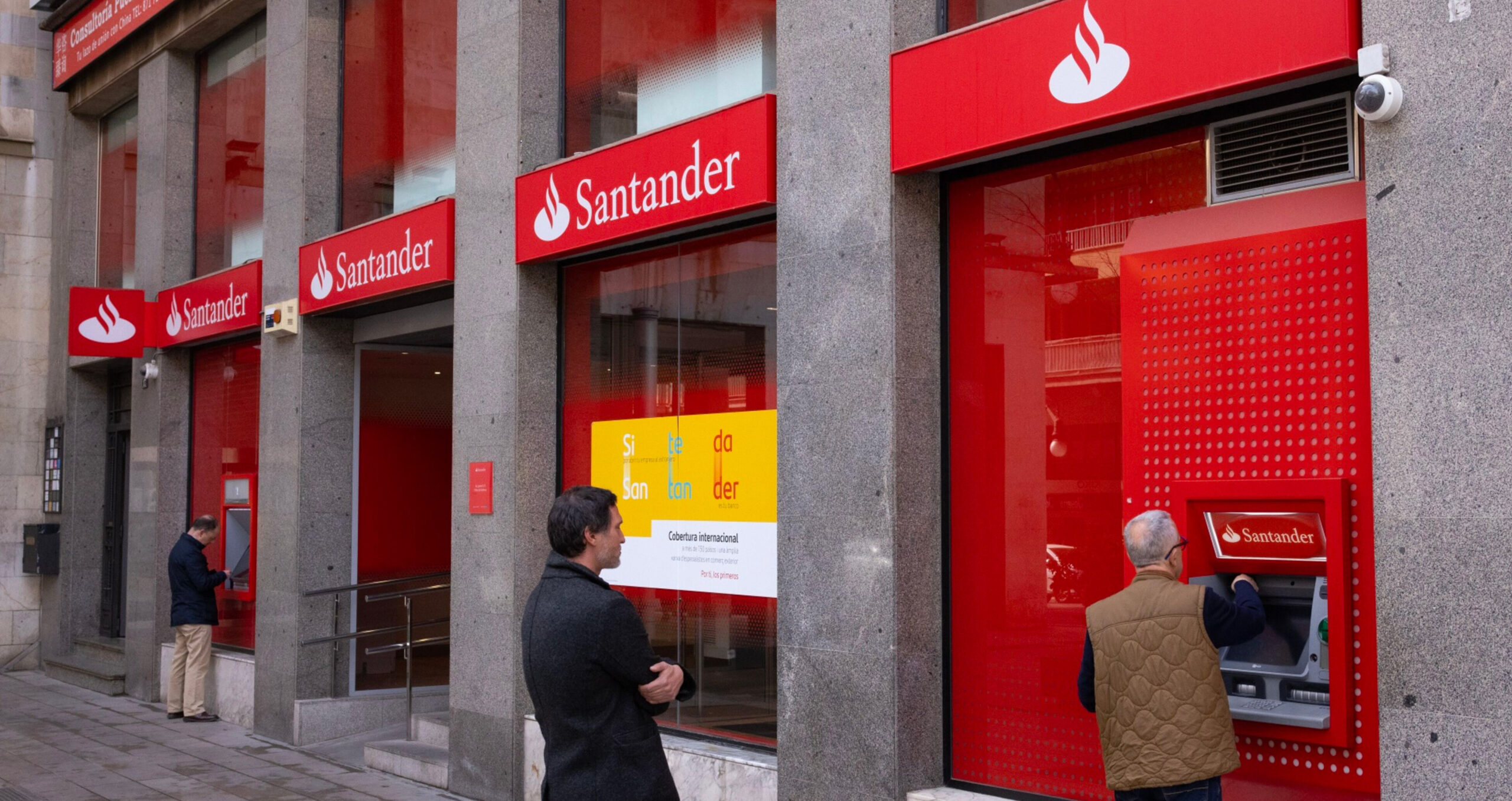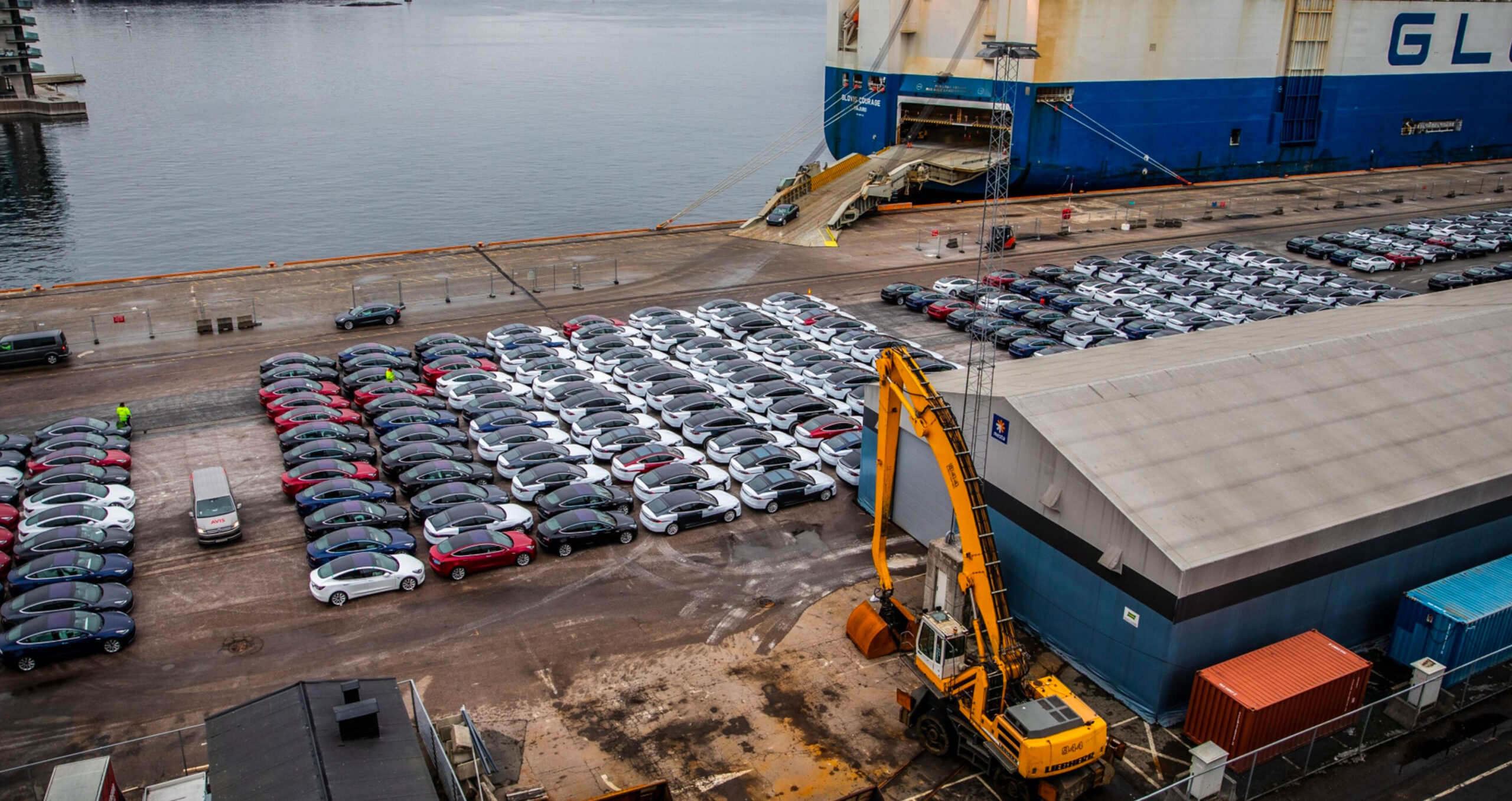

The country is not ready to sacrifice its oil and gas reserves on the energy transition altar
Angola’s president wants to attract more investment into hydrocarbons, which will continue to play a significant role in the oil-dependent state as it works towards its energy transition.
With just 46 per cent of its population having access to electricity and one-third of its gross domestic product generated by oil, Angola exemplifies the dilemma faced by many countries across sub-Saharan Africa in needing to improve living standards while meeting international climate obligations.
Participating at the Financial Times’s Africa Summit in October, president João Lourenço made clear that Angola’s hydrocarbons sector will not disappear in the short term. “We are working to attract greater investment in oil production, [and] especially in the production of non-associated gas,” he said. “But at the same time, [we are] working on the transition that will take some time to happen from polluting energies … to environmentally friendly energies. The two projects have to go in parallel.”
Angola’s crude oil production has fallen since oil prices collapsed in 2015, and data from Sustainable Views‘ sister platform fDi Markets shows that foreign investment in its fossil fuels sector has not recovered to pre-financial crisis levels. But the sector still attracts the lion’s share of foreign investment.
In November 2020, UK-based Gemcorp took a 90 per cent stake in a $920m joint venture with state oil company Sonangol to build an oil refinery in the country’s northern Cabinda region. In April 2021, Italian energy major Eni, alongside its joint venture partners, pledged to invest $7bn in exploration, refining and production — plus solar power — over the next four years.
One investor in the country’s energy sector told fDi that they see no slowdown in the government’s desire for investment in the oil sector. “As much as the world wants this drive towards green energy, unfortunately Africa can’t switch overnight, like you might see in Europe or elsewhere,” they said.
A just transition
But going forward, gas will be a bigger focus than oil. Transport minister Ricardo Viegas D’Abreu has justified the government’s focus on ramping up investment in gas to increase electricity capacity from today’s circa 5 gigawatts (GW) to 9.9GW by 2025. This plan involves lifting gas’s share of the power mix from 11 per cent to 19 per cent.
In 2019, the government instigated the New Gas Consortium, which sees Sonangol, Eni, Total, Chevron and BP working together on the country’s first gas-field development. To date, Angola has generated gas as a byproduct of oil production, but the Consortium, whose initial investment is $2bn, has been mandated to explore and produce Angola’s first non-associated gas.
These strides to establish a gas industry come at a time when governments are under pressure to phase out fossil fuels. At the Africa Summit, D’Abreu said increasing gas’ role is “something that we should be allowed to address given the need in terms of financial resources to boost economic growth” and improve transport.
“We believe most countries in the continent face the same challenge: an enormous potential of natural gas not being allowed to be deployed to contribute to their financial needs or this transition,” he added.
While Angola’s gas reserves are undeveloped by global standards, the African Energy Chamber (AEC) says it is among the five countries that account for 90 per cent of the continent’s natural gas output. However, 90 per cent of Africa’s recent gas discoveries are in other countries, prompting the AEC to predict a “new age for gas supply diversification in Africa”.
Gas’ potential to alleviate Africa’s chronic power shortages and generating export revenues requires, according to D’Abreu, “African leaders [to take] leadership of that discussion.”
This article first appeared on fDi Intelligence.
Similar Articles

Banks under pressure to reveal data comparing green and fossil fuel spending

With better planning and investment, EV uptake could offer storage and grid flexibility


